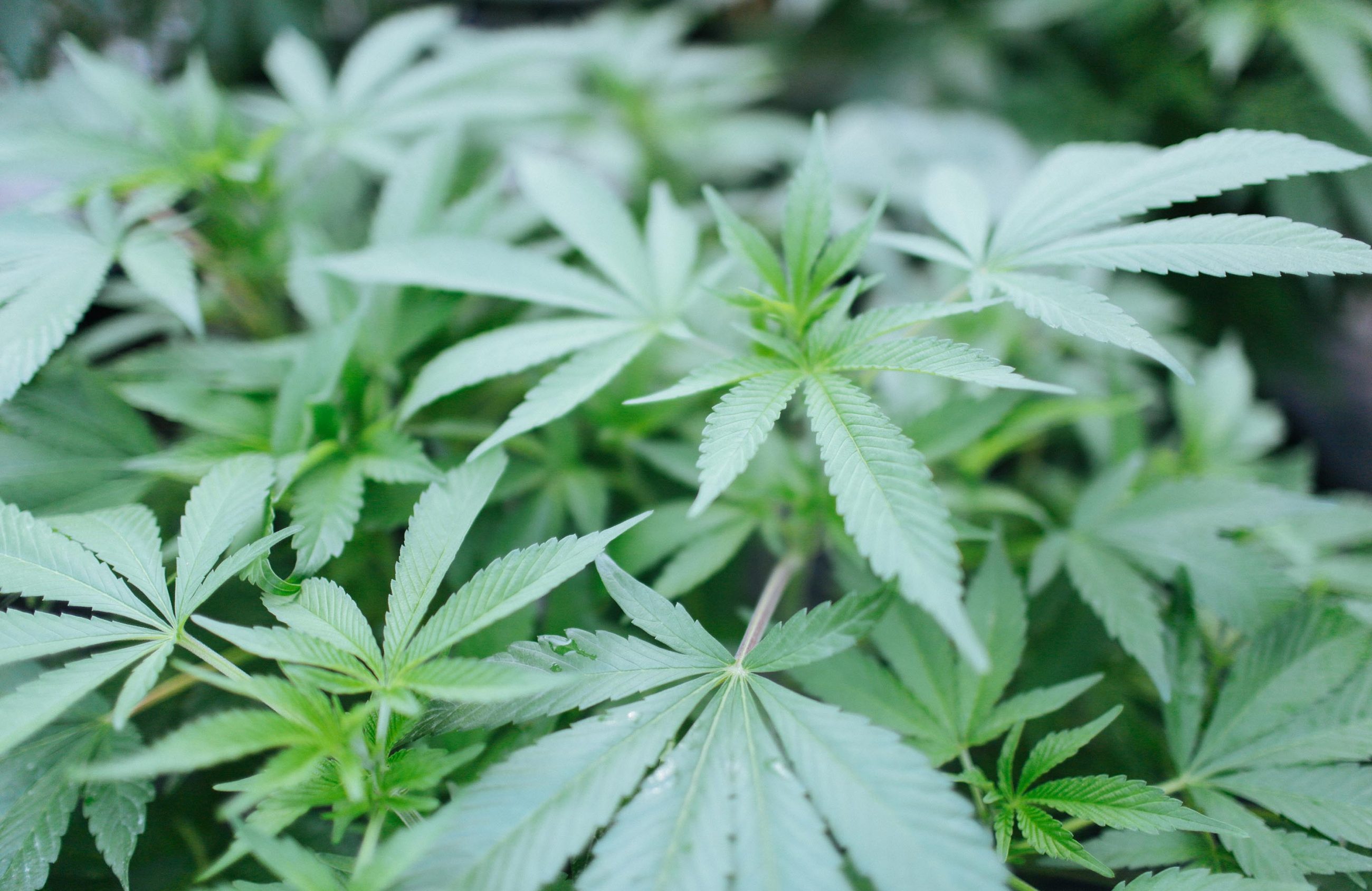Ever sat around, smoked a bowl and, as your high mellowed you out, decided maybe that dude you’ve been arguing with isn’t so bad after all?
Hemp, marijuana’s sober cousin, can apparently have that same effect on politicians, without the high. On April 12 (in plenty of time for 4/20) Republican Senate Majority Leader Mitch McConnell of Kentucky teamed up with Oregon senators Ron Wyden and Jeff Merkley to introduce The Hemp Farming Act of 2018.
Often at odds over policy, the three politicians came together for the bipartisan S. 2667, which would legalize the cultivation of industrial hemp and would remove it from its classification as a Schedule I drug.
On a federal level, hemp and marijuana are not distinguished from one another. Hemp currently sits on the list of controlled substances with heroin and ecstasy, Wyden tells Eugene Weekly.
“It’s an outdated policy,” he says, “and defies common sense.”
He adds that if you are smoking hemp, “it’s a waste of your time and lighter fluid.” Hemp has less than one percent tetrahydrocannabinol (THC), which is the part that gets you high.
The Hemp Act builds on some of the gains for cannabis sativa in the 2014 Farm Bill, which included a provision allowing states to develop industrial hemp pilot projects for research purposes. Wyden, McConnell and Merkley also worked together on that bill.
Wyden says he was compelled to pursue hemp legalization after a shopping trip with his wife to a Portland Costco, where he saw hemp hearts for sale. Hemp hearts are the edible inside of hemp seed, and Wyden says the package touted their benefits — a good source of proteins, good for one’s blood pressure and “a parade of good health traits,” the senator says, but not grown in Oregon or anywhere else in the country. Oregon does have some laws allowing for industrial hemp production.
“If you can buy it at a supermarket in Oregon, you should be able to grow it in Oregon,” Wyden says. “Farmers in China are laughing all the way to the bank.”
High Times Magazine, citing the South China Morning Post, reported in 2017 that “a small number of Chinese provinces, including Heilongjiang, near the Russian border, and Yunnan to the south, now make up nearly half of the world’s legal hemp cultivation.”
According to Wyden, American farmers have been pushing for hemp legalization “and have been for some time.”
The Hemp Act would also advance research opportunities, according to the Hemp Industries Association, which says that “passage of S. 2667 will affirm the uses of hemp products, which are non-intoxicating, and open the door to research opportunities in the sector of CBD and animal product applications, and beyond.”
CBD is short for cannabidiol, which has shown promise as a treatment for children with seizures. And Colorado State’s Veterinary Teaching hospital is currently enrolling dogs in a study on the “efficacy of cannabidiol for the treatment of epilepsy in dogs.” CBD does not get you high.
Wyden says he will push hard to get the Hemp Act added to this year’s Farm Bill. He says farmers see hemp’s illegality as anti-famer, anti-jobs, anti-business and anti-common sense.
